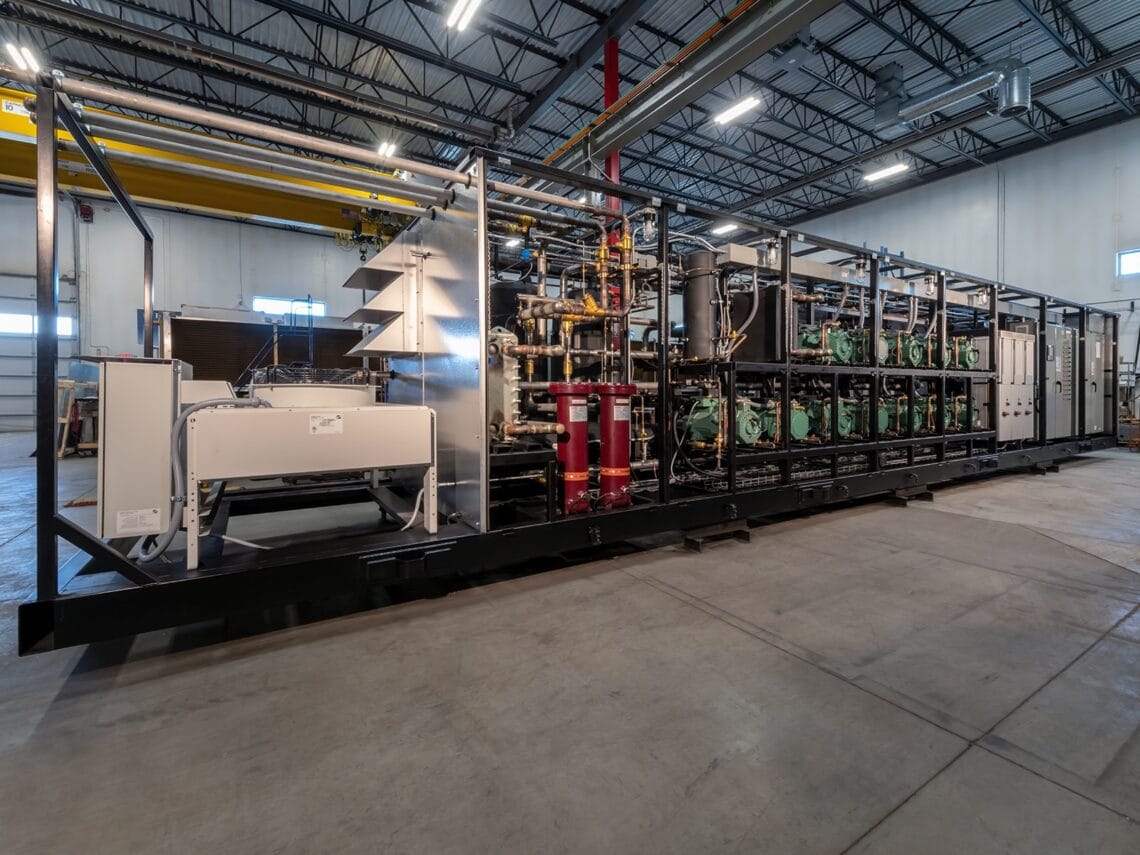The North American Sustainable Refrigeration Council (NASRC) recently published a factsheet outlining the impact that natural refrigerants could have on supermarket refrigeration. We want to help circulate this factsheet so people will not miss this valuable resource and reminder of the benefits of natural refrigerants. The NASRC is an organization dedicated to advocating for natural refrigerants. In their words, “Natural refrigerants are the climate-friendly solution to mitigate supermarket HFC emissions.”
Zero Zone offers natural refrigerant systems using CO2 or ammonia. Our equipment is used in both commercial and industrial settings, ranging from 5 tons to 500 tons. Our Natural Refrigerant Systems product sheet demonstrates the variety of systems we have designed and put into service. We have CO2 and ammonia system solutions to meet various requirements for cold storage, food processing, pharmaceutical operations, and supermarkets. We can incorporate secondary glycol loops, air-cooled or water-cooled condensing, heat reclaim systems, and more.
We offer CO2 subcritical and CO2 transcritical systems. CO2 systems can be indoors or outdoors, set up inside custom electrical mechanical centers (CEMCs), built as full racks or condensing units, and be part of booster systems and cascade systems. This versatility unlocks CO2 as a viable solution for warm and cool climates for all sorts of customers, and Zero Zone has been shipping these systems across the United States with great results.
Ammonia is a great choice for industrial customers and ice arenas. Low-charge ammonia systems can be utilized indoors, outdoors, and in CEMCs. We have many years of experience and knowledge in ammonia, and we are ready for your project.
With increasing EPA regulation limiting the continued use of HFC refrigerants, Zero Zone is eager to assist you with deciding which natural refrigerant system would be best adapted to your specific application. Begin a conversation with us. Contact your local Zero Zone sales rep today.
Pictured: CO2 Transcritical Outdoor Parallel System (OPS)

